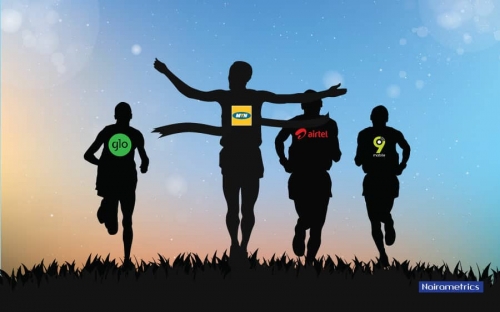Mmsh350
IT Specialist : Am A Successful IT Professional With Expertise In Full Stack Web Development.
Articles
189
Followers
44
profile/5736download.png
Mmsh350

Data War: MTN Gains 1.69 Million Subscribers, As Airtel Dusts Glo, 9mobile In July
~0.4 mins read
profile/5736download.png
Mmsh350

18 Persons Killed In Ambush On Borno Govts Convoy Defence Headquarters
~0.7 mins read
The Defence Headquarters says 18 persons were killed in the Boko Haram ambush on the Borno State Government’s convoy on Friday.
Disclosing this in a communique, the Coordinator Defence Media Operations, Major General John Enenche, said only 10 policemen, four soldiers and four civilians were killed in the ambush at Barwati village.
According to the military spokesman, the victims were killed by an explosion from the multiple Improvised Explosive Devices (IEDs) planted on the road by the terrorists.
He further revealed that two police vehicles were carted away, but adds that Troops on hot pursuit of the insurgents successfully recovered the vehicles and captured a Boko Haram gun truck.
According to General Enenche, the Nigerian Army has since deployed bomb and IED disposal teams to ensure effective route scanning and clearance to forestall future occurrence.
Read More : https://www.channelstv.com/2020/09/27/18-persons-killed-in-ambush-on-borno-govts-convoy-defence-headquarters/
Advertisement

Link socials
Matches
Loading...
